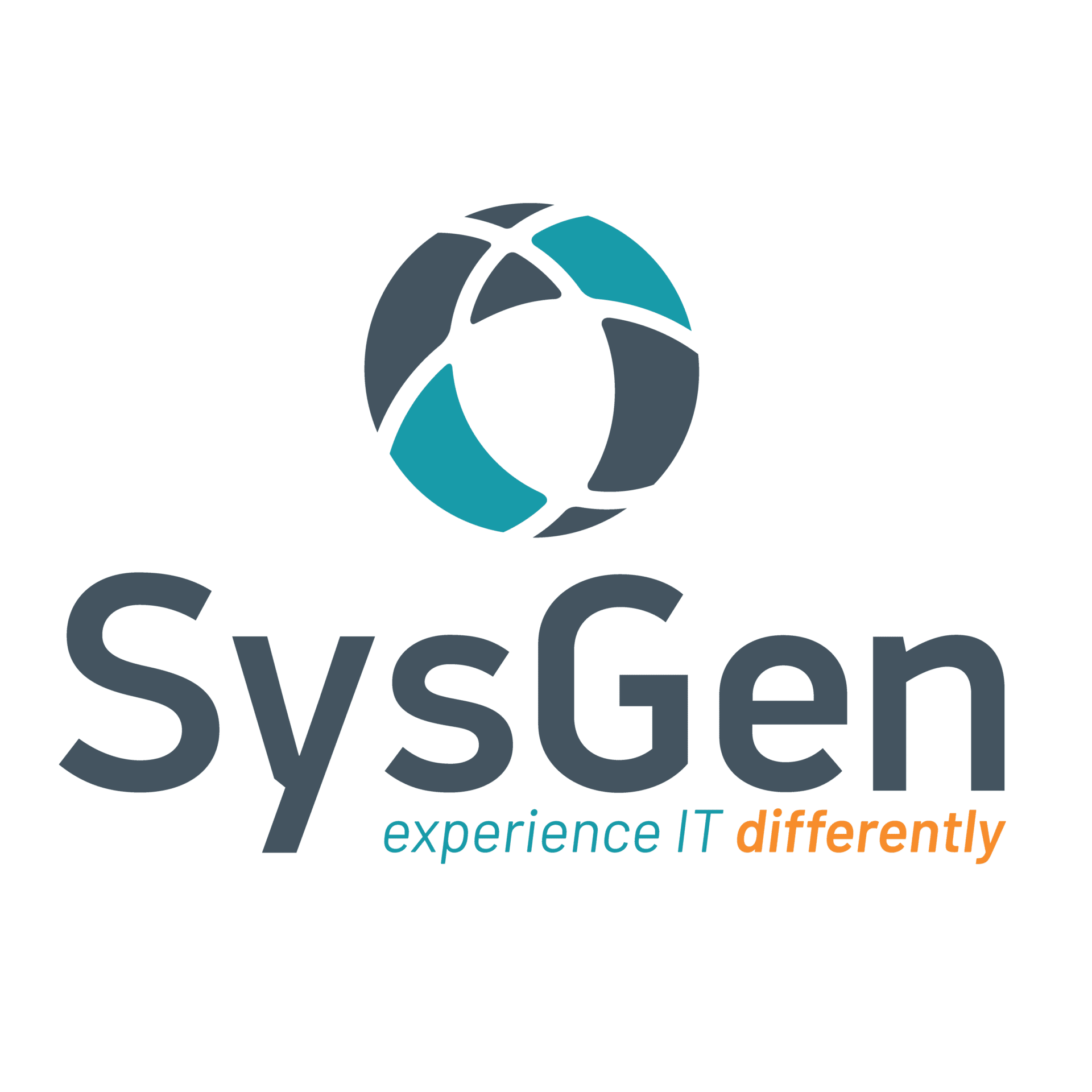Former Cisco CEO John Chambers once said, “There are two types of companies; those that have been hacked, and those who don’t yet know they have been hacked.” With technology evolving faster than ever, cyberattacks are becoming more elaborate while posing a serious threat to businesses. Malicious cybercriminals attempt to benefit from vulnerable businesses through various tactics, including phishing and data hacking.
With cyberattacks becoming increasingly sophisticated and frequent, managed security services are your best defence.
Table of Contents
What are Managed Security Services?
Managed security services (MSS) are outsourced services that provide cybersecurity protection to businesses. MSS is designed to protect a business from various cyber threats, such as attacks, by identifying vulnerabilities and assuring asset protection. MSS is typically a 24/7 service because systems can be at risk at any given time.
In addition to constant monitoring, MSS also involves threat detection and incident response so that there is a swift and rapid reaction to mitigate and prevent damage to an operational system in the event of a cyber threat.
Further, MSS is also responsible for ensuring there are management processes in place to control access to data and implement technologies like firewalls to protect against unauthorized access to your network again.
8 Reasons to Use Managed Security Services
With cyberattacks on the rise, a managed security strategy is necessary to counter the potential threats these incidents can cause. Cybersecurity offers protection of networks, devices, and programs from any cyberattack. It is quickly becoming necessary for all businesses.
With that said, let’s look into the main reasons to adopt managed security services as a part of your organization:
1. The Evolving Cybersecurity Landscape
Security breaches have increased by 11% since 2018, with cyberattacks becoming increasingly complex. The Nigerian Prince scam, while still successful, is a simplistic cyberattack by today’s standards. For example, email is no longer the only means of phishing. Attackers might also send an SMS or launch targeted social engineering attacks via social media. AI voice matching (as you’ll read below) is also a successful tactic, enabling the hacker to impersonate just about anyone.
With managed security, your company stays current on the most recent threats to your technology environment, implementing the best software, policies and education methods to ensure your business is safe.
2. Data Protection
Most businesses store sensitive and confidential information about their staff and clients. Cybercriminals target this data to extract a ransom or other sinister motives. For example, 31 million payment card records were stolen in 2019 from the United States. convenience store chain Wawa and subsequently posted on a notorious dark web marketplace. In another case, New Orleans scrambled to recover lost data after hackers infected roughly 4,000 city computers with ransomware. Citizens and attorneys visited municipal and traffic courts to find closed doors with a bright orange letter warning people that the courts were non-operational due to “computer network issues.” Loss of data can result in severe consequences for organizations.
3. Reputation
In 2019, more than 100 law firms in the United States reported data breaches. Keep in mind that those are just the firms that reported a hack. One office, Jenner & Block, had tax forms from hundreds of current and former employees fall into the wrong hands, potentially exposing private addresses, Social Security numbers, and salary information. In all, the breach may have exposed the personal information of 859 people. Now, this begs the question: If you were looking for a new job at a law firm, would Jenner & Block be your first choice? If you were looking for a lawyer to represent you, would you choose Jenner & Block, knowing that safety mechanisms were not in place for keeping confidential data confidential? A data hack impacts the trust that both employees and potential clients have in doing business with your organization.
4. Ransom Cost
The average amount of money sent during a phishing attack is $30,000. This is an unexpected expense, and many small and medium businesses cannot survive the financial impact. In fact, one in five go out of business within one year of an attack. Even with general knowledge of cyberattacks, they can still be cunning. For example, fraudsters used AI to mimic a CEO’s voice in an unusual cybercrime case, whereby $243,000 was sent because the CEO of a U.K.-based energy firm thought he was speaking on the phone with his boss.
5. Downtime Cost
The average cost of downtime and recovery for small businesses after an attack is more than 23x the average ransom requested. Suffice to say that a $9,000 ransom could result in $207,000 in downtime because of the inability of employees to access their files and emails. But, with the right cybersecurity strategy, your business is safe from experiencing massive outages, significantly reducing the chance for lost revenue.
Part of this strategy should involve a robust and proactive MSS in place as a cost-effective solution. With ransoms cost increasing, and the price of maintaining in-house talent increasing, using an outsourced provider that protects you 24/7 allows you to access top-of-the-line expertise at a manageable cost.
6. Proactive Protection
Often businesses that manage their security can only do so on an as-needed basis, which means there’s only someone on call when an emergency occurs. Rather than only being aware of cyber threats when there is an issue, an IT security services provider offers proactive protection. With dedicated threat detection and precautionary measures, your MSS provider will monitor your network, system and endpoint for potential security breaches 24/7. As a result, any issues in your network can be caught before they cause severe harm or damage to your business. With managed security services, you can avoid threats and anticipate any cyber incidents by building protection against vulnerabilities and implementing policies to ensure a safe and secure infrastructure.
A key service offering of a managed security service is the ability to monitor data in real time. Your IT environment is always running; therefore, threats are always lurking. With an MSS provider offering 24/7 monitoring and incident response, you can ensure your business is protected even when you are not at work.
7. Meet Compliance Standards
A major benefit of using a managed security service provider is that they hold themselves to high standards. With in-house security operations, your security practices may struggle to deal with the evolving security and threat landscape due to of resource constraints and other limitations. However, when leveraging the experience, skills and capabilities of a managed security service provider, you’ll have access to professionals with the highest credentials in the field who can uphold, maintain and adapt to the changing company and deregulation standards required to protect your business comprehensively.
8. Focus on Core Business Needs
Lastly, and most importantly, when you leverage IT security services, you can focus on what matters most: your business goals. With outsourced cyber security protection, you alleviate stress and reduce the internal resource focus on this area. These freed resources can then be allocated to your core business activities.
Is There a Difference Between MSP and MSSP?
An MSP is a managed services provider, while an MSSP is a managed security services provider. MSPs typically handle more general IT needs; they will build the IT infrastructure of a business and can manage various IT aspects, such as hardware, software and data backup.
An MSSP has a more niche role, and targets security-focused solutions. They are experts in identifying and mitigating security risks, implementing security measures, and responding to security incidents. Many MSPs, like SysGen, are equipped to offer MSSP services. By combining the provider of general IT and specialized security needs, we can ensure our clients have a fully comprehensive service offering.
What Kinds of Services Do MSSPs Offer?
Managed security services providers have a vast net of tools, technologies and services available to enhance the overall security posture of a network and the infrastructure.
- Vulnerability assessments are a significant part of MSSP services. These assessments are regular checks that identify weaknesses and potential business threats. After identifying these vulnerabilities, processes, policies and technologies are added to mitigate the risks.
- Another MSSP service is intrusion detection and prevention. A key access pathway for cybercriminals into your network involves accessing old or unused accounts. But by monitoring network traffic, MSSPs can identify unauthorized users and suspicious activity.
- Endpoint security involves the management of all endpoints, laptops, desktops, and mobile phones within a network and ensuring they have sufficient security measures to protect data in the event of loss, theft or damage. This service is crucial to businesses that use multiple devices for team members.
- Security awareness training is another service offered by MSSPs. As much protection as technologies and policy can do, a major component of any comprehensive cybersecurity solution is ensuring that the people in a business are aware of the potential threats and can remain vigilant. With security awareness training, an MSSP will educate your employees on how to recognize threats like phishing attempts and demonstrate how to stop them in their tracks.
While the goal of any MSSP is to prevent downtime and data loss caused by a cyberattack, MSSPs are also the main providers of data backup and recovery solutions so that you still have access to your data in the event of an attack.
What Technologies do MSSPs Manage?
MSSP will deploy various technologies depending on a business’s needs, risk assessments and vulnerabilities. Some of these technologies include the following:
- Firewalls are a layer of protection between internal and external environments. Firewalls control traffic flow and a configured for each network to prevent unauthorized messages and access.
- Multi-factor authentication (MFA) is a technology used to ensure that bad actors or cybercriminals cannot access your accounts. When you sign in to your email or device, MFA dictates that you must authenticate the login through a code or an additional biometric to verify the user.
- Endpoint security solutions include tools like antivirus, ant-malware and endpoint detection and response systems. They protect individual devices, like laptops and phones, from being accessed by an unauthorized user.
- Email security is another major technology; the solutions MSSPs use can block attempted phishing campaigns through spam filtering and encrypt emails with sensitive data to ensure that emails are secure.
How to Select a Managed Security Service Provider?
There are many important considerations to make when selecting an MSSP or MSP. You should look inward and understand what your business needs are and what current resources you have. Externally, you’ll want to look at the security expertise, qualifications and skills of potential MSSPs.
- Your Business Needs: Identify within your organization where you need support, and how your internal team could benefit from additional outside support, whether it is endpoint security, mobile device management or backup solutions. Understanding what your business needs is key in pursuing an MSSP.
- Evaluate Expertise and Experience: When selecting an MSSP, you must find a provider with accreditation and professionals with the proper training and technical know-how to protect your business. Technology can only go so far; you need a team to apply, analyze and act on what technology tells us.
- Look for a Comprehensive Provider: It can be beneficial to seek out providers that can offer you a full breadth of services, from general IT support for day-to-day operations to extensive cloud security solutions and even further to a fulsome cloud computing service.
- Partnerships and Vendor Relationships: Look for a provider that has strong relationships and connections to top-tier technology providers; not only does this ensure you get preferred pricing, but you’ll also be using the industry standard tools for protection
- Service Level Agreements: Look for a provider that uses an SLA to control costs and ensure accountability for work being done on both ends. SLA guarantees response times, resolution times and access to your team of experts.
SysGen Managed Security Services
At SysGen, our team can provide the best cybersecurity defence for your business by focusing on its people, policy, and technology. We offer three tiers of protection based on the needs of your organization: ESS, ESS+, and ESS+ Real-time. Talk to us today about our managed security services. Connect with us to explore SysGen’s IT services and support in Calgary, Red Deer, Edmonton, Vernon, and Kelowna.
Contact Us To Find Out More



